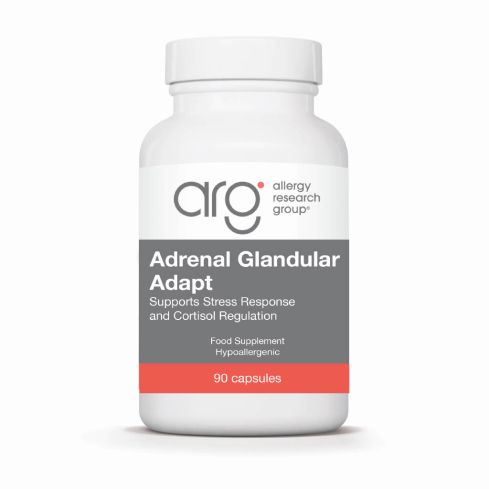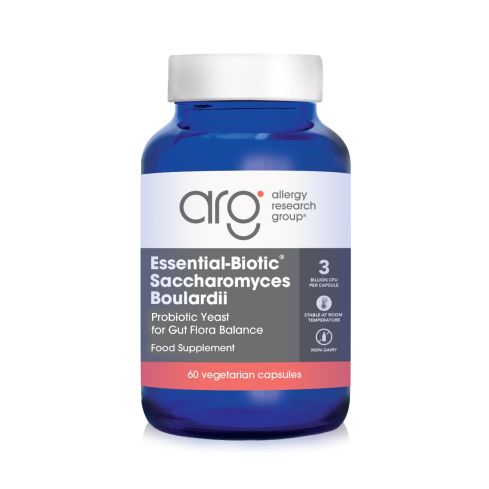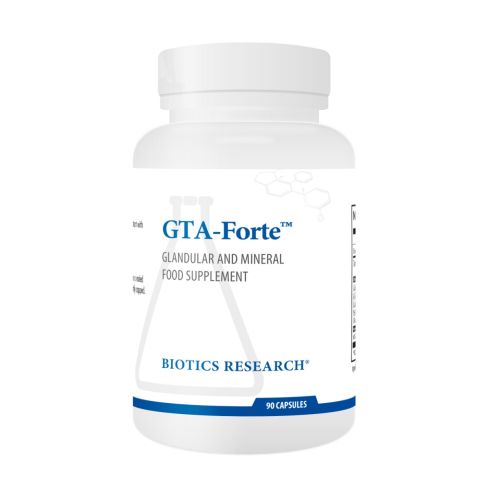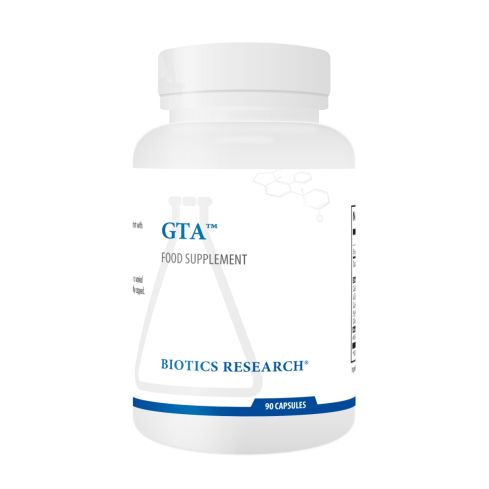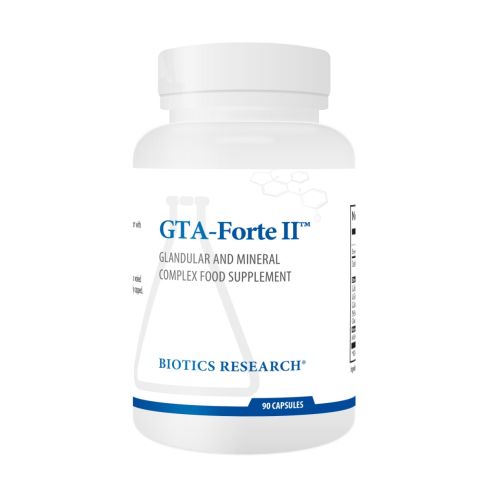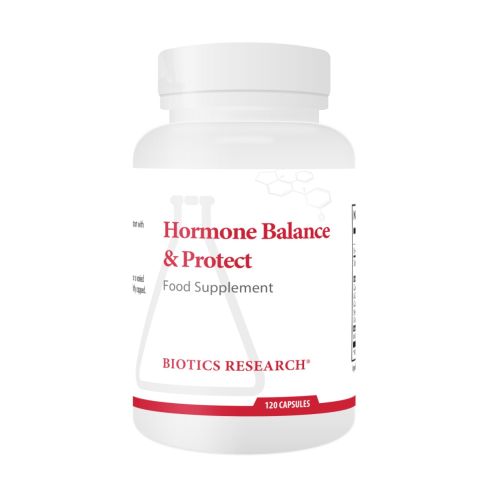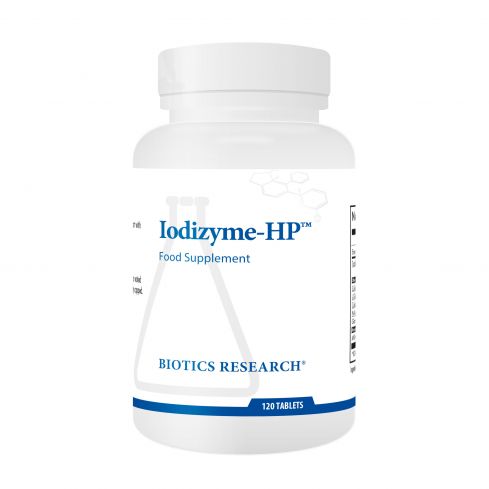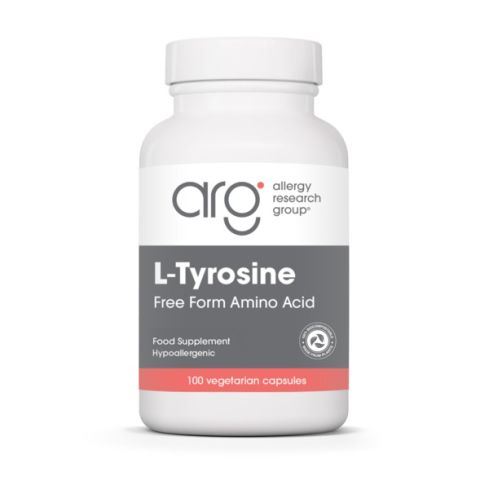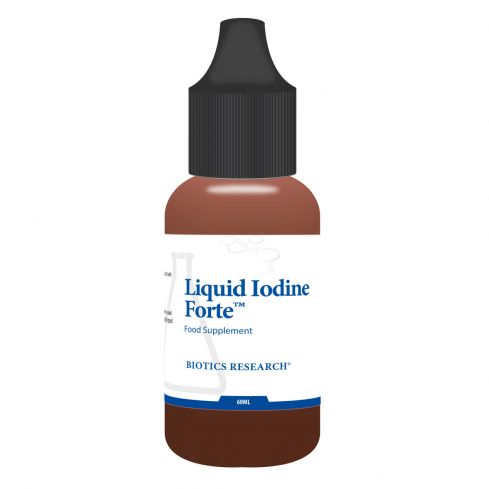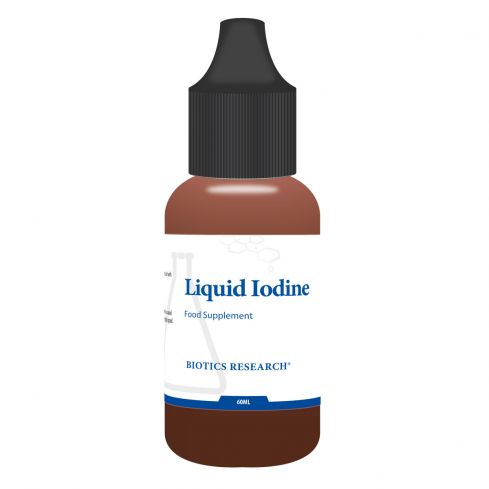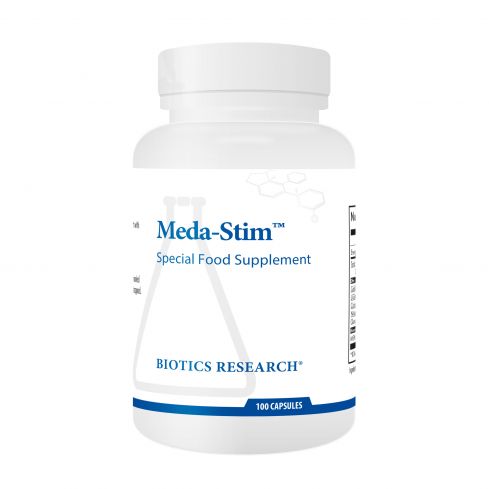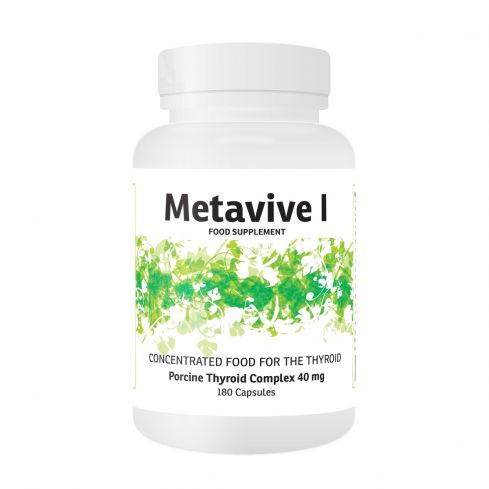- Home
- Products
- Conditions
- Thyroid Support – Hypofunction
Thyroid Support – Hypofunction
Hormonal or endocrine disorders, including those of the thyroid, are illnesses that occur when the body releases too many or too few hormones. Hormones are chemicals messengers that are released into the bloodstream. Hormones send messages to cells throughout the body in order to regulate bodily functions, such as growth, metabolism, and sexual development. As a result, individuals with hormonal disorders experience a disruption in such bodily functions.
Thyroid disorders are among the most common medical conditions but, because their symptoms often appear gradually over time, they are commonly misdiagnosed. There are four main types of thyroid disease: hyperthyroidism or too much thyroid hormone; hypothyroidism or too little thyroid hormone; benign (non-cancerous) thyroid disease; and thyroid cancer.
The thyroid gland is a small, butterfly-shaped gland located in the base of the neck on both sides of the lower part of the voice box (larynx) and upper part of the wind pipe (trachea). The thyroid produces hormones, called thyroxine (T4) and triiodothyronine (T3), which affect the body’s metabolism and energy level. Thyroid hormone is also produced in response to thyroid stimulating hormone (TSH, also known as thyrotropin) secreted by the pituitary gland.
Release of thyroid hormones is controlled by the hypothalamus and pituitary gland, both found deep inside the brain. One of the most important features of the endocrine system is its regulation (control) by negative feedback. This means that the glands that stimulate the release of a hormone (for example, the pituitary) from another gland (for example, the thyroid) are eventually shut off, in a sense, so that too much hormone is not produced.
Hypothyroidism, when inadequate amounts of thyroid hormone are produced or are taken up by thyroid sensitive cells is common, potentially serious, often clinically overlooked, readily diagnosed by laboratory testing, and eminently treatable.
The condition is particularly prevalent in older women, in whom autoimmune thyroiditis is common. Other important causes include congenital thyroid disorders, previous thyroid surgery and irradiation, drugs such as lithium carbonate and amiodarone, and pituitary and hypothalamic disorders.
Worldwide, dietary iodine deficiency remains an important cause. Hypothyroidism can present with nonspecific constitutional and neuropsychiatric complaints, or with hypercholesterolaemia, hyponatraemia, hyperprolactinaemia, or hyperhomocysteinaemia.
The diagnosis is confirmed or excluded by measurements of serum TSH (thyrotropin) and free thyroxine. Thyroxine replacement therapy is highly effective and safe, but suboptimal dosing is common in clinical practice.
Patient noncompliance, drug interactions, and pregnancy can lead to inadequate treatment.
References
- Davies TF.The sick euthyroid syndrome and the National Health Service: thyroxine alone is not the cure. Thyroid. 2000 May;10(5):373. View Abstract
- Nagaya T, Fujieda M, Otsuka G, Yang JP, Okamoto T, Seo H. A potential role of activated NF-kappa B in the pathogenesis of euthyroid sick syndrome. J Clin Invest. 2000 Aug;106(3):393-402.View Abstract
- 2 items
- 8 items
- 4 items
- 3 items
- 1 item
- 2 items
- 5 items
- 13 items
- 18 items
- 2 items
- 16 items
- 4 items
- 18 items
- 2 items
- 11 items
- 9 items
- 17 items
- 3 items


